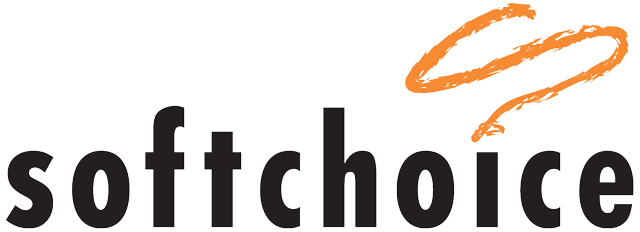Coaching at work helps another person learn in ways that let him or her keep growing within their career.
It is based on asking questions and providing guidance rather than telling, provoking thought rather than giving directions and holding a person accountable for his or her goals.
The Benefits of Coaching
80% of people who receive coaching report increased self-confidence and over 70% benefit from improved work performance, relationships, and more effective communication skills .
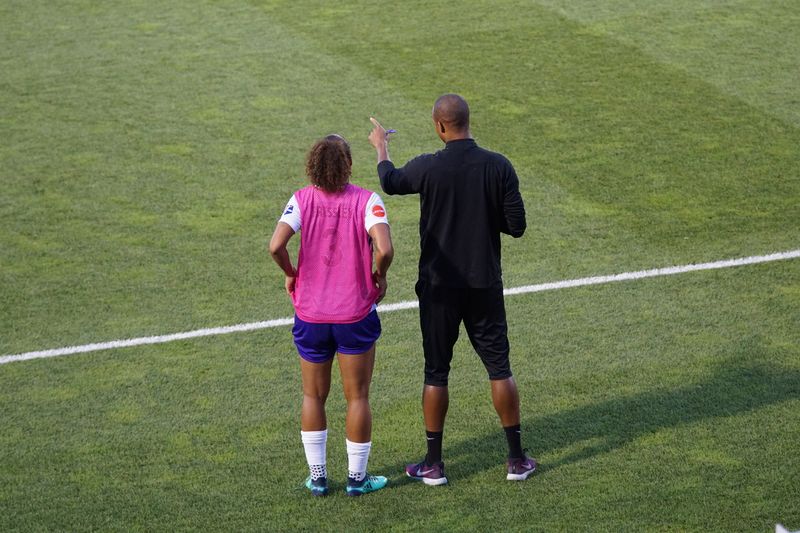
You, Me, We Agree
You, Me, We Agree is a simple and effective approach to having one-on-one and career development conversations between the coach and the person being coached.

In general, the conversation breakdown should be 70% 'You', 20% 'Me' and 10% 'Agree’. Focus less on the math and more on your role as an excellent listener and guide!
Regularly practicing the You, Me, We Agree approach will enable you to have high impact coaching conversations.
Quiz
What is the outcome of effective coaching?
The You Stage
Get the individual being coached to speak first to give their view before you share yours. 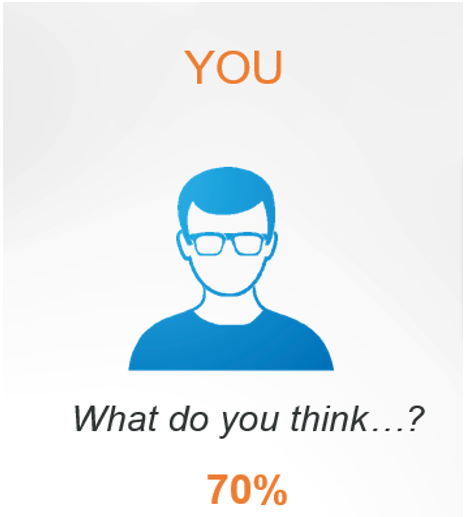
The Me Stage
This is your opportunity to be clear about your views as a coach. Be succinct and direct and offer specific examples to support your perspective.
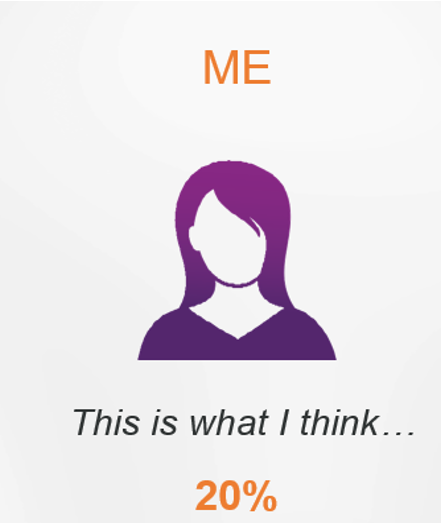
The Agree Stage
This is about ending the conversation with a common view of what actions need to be taken or what needs to happen differently as a result of the conversation.
Remember to ask what they need from you to help them move forward.
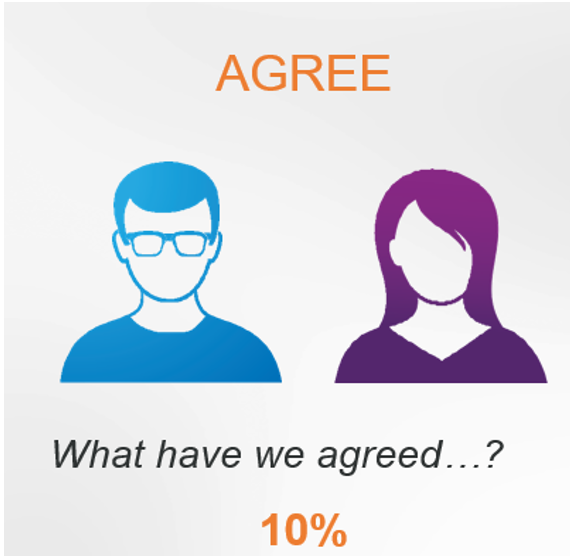
Meet Sima

Sima approaches you to have a one-on-one conversation. You're her coach.
She tells you about a decision she needs to make, but isn't quite sure about. Sima asks you: "What should I do?"
Quiz
Using the You, Me, We Agree framework, how should you support Sima?
Take Action
Remember, great coaching moves an individual through a problem by asking questions and being inquisitive; while advice can be injected through this process to help the individual get to a final answer.

Do you have a great coach that you look up to?
Reflect: do they use an approach that's similar to the You, Me, We Agree framework?
Your feedback matters to us.
This Byte helped me better understand the topic.
